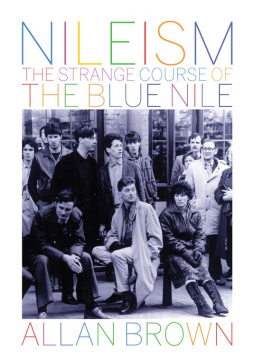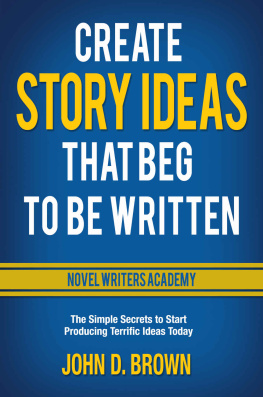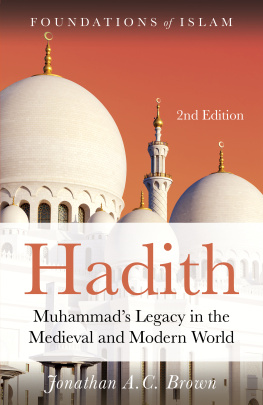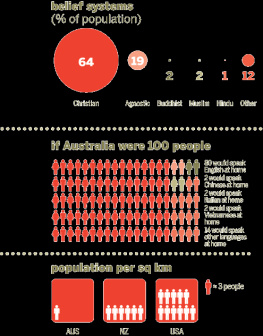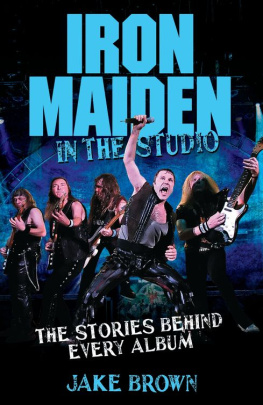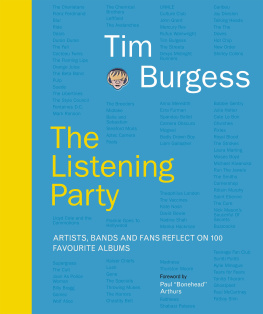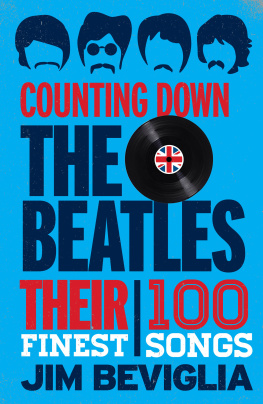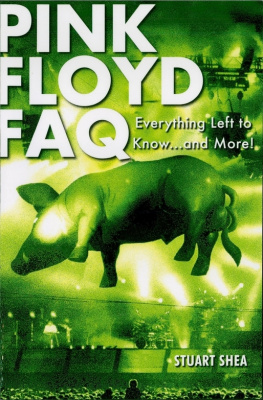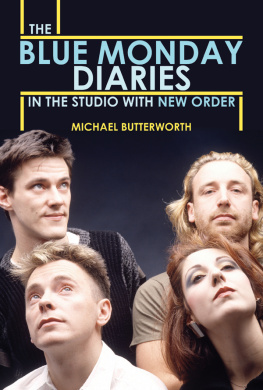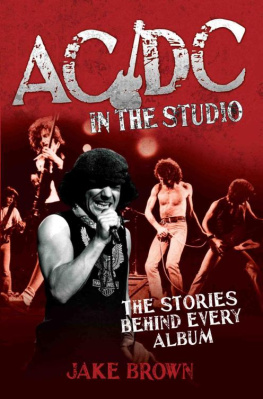Having completed the writing of this book there are many Id wish to thank profusely, theatrically even, with flamboyant gestures of self-erasing abasement. There are others towards whom Id direct mildly baleful scowls. The former are:
Scott Aitken, Craig Armstrong, Tim Barr, Ed Bicknell, Alan Bissett, Charlie Brennan, Jerry Burns, Leo Condie, Guy Cowan, Stewart Cruickshank, Anna Day, Cate Devine, Brian Dorans, Gordon Dougall, Ron Fierstein, Steve Gaboury Matt Gale, Jeff Gold, Greg Gordon, Gordy Goudie, Brian Hogg, Jacqueline Houston, Elliot Huntley, Willie Knox, Maggie Lennon, Mark Mackie, Ian MacNicol, Calum Malcolm, Michael Mann, Allan Mawn, John McLaughlin, Kevin Milburn, Roy Moller, Neville Moir, David Quantick, Alison Rae, Alan Rankine, Eddi Reader, Larry Saltzman, May Miles Thomas, Ivor Tiefenbrun, John Williams and Jeff Zycinsky.
Double-plus profuse thanks to Kenneth Wright, who long ago sowed the seeds of Nileism with his insistence that The Blue Nile wrote the soundtrack of Glasgows big romantic movie. For being in many ways the yin to The Blue Niles yang, and vice-versa, Id like to thank Edwyn Collins, Steven Daly, James Kirk and David McClymont, the constituent members of Orange Juice.
For photographic contributions above and beyond the call I thank Billy Sloan and Martin Gray.
Filing frequently and copiously from the contemporaneous trenches of journalism, David Belcher, then of TheGlasgowHerald, did heroic and irresistibly quotable work. Thanks to all the listeners who contributed their thoughts on the bands music.
This project was made considerably easier, certainly pleasanter, by the attentions of staff at The Ubiquitous Chip, Cafezique, Velvet Elvis and the Glasgow Room of the Mitchell Library.
Finally, my deepest thanks to Anna Burnside.
Its not enough to have talent. You have to have talent to handle the talent.
SIR PETER HALL
If you were to cut Ed Bicknell and, candidly, I couldnt advise it the sixty-two-year-old Londoner would bleed rock and roll. Bicknell sits on the Mount Olympus of music managers, way above the ozone; anointed right-hand man in the realm where Bowie and Clapton and Townshend swan through club-class anecdotes, frequently involving the purchase of chunks of Santa Monica. Bicknell managed soft-rock troubadours Dire Straits, from spit-and-sawdust pubs to their MTV zenith; and Bryan Ferry too, though for Ferry spit and sawdust were less central, obviously. He took care of Scott Walker in the period when the eccentric singer was employing sides of beef as percussion. In earlier days Bicknell himself played drums. In a band named Mogul Thrash. Thats how rock and roll Ed Bicknell is.
Between 1997 and 2004 he managed The Blue Nile. Like others, he emerged from the relationship a little bewildered perhaps: Even by the standards of our profession, Bicknell told me, Id never heard a more convoluted and, to say it bluntly, fucked-up situation. In terms of the modern recording world the history of The Blue Nile was the most screwed-up I had ever encountered.
And yet, we really dont associate The Blue Nile with mayhem or devilment. The last time I met a member he was sitting in a pavement caf in Partick, prodding a tea bag quizzically. When the writer recently endured a bout of flu the same member was kind enough to text, enquiring if Lemsip was needed. No aspect of this acquaintance has been or has even approached being fucked-up. I doubt anyone encountering any member of the band would describe him as anything but militantly humble uncommonly polite.
In fact, in 2004 the bands songwriter and vocalist Paul Buchanan described the methodology of The Blue Nile like this: Weve tried to make little bits of music that were compassionate and that were free of embroidery and self-advertisement. Its the equivalent of timing your walk across the road to coincide with some elderly person about to cross. You dont want to say, Do you want a hand? because that might be patronising. You just want to check theyre okay. That would be a good enough parallel for what we opted to do. A band which compare its artistic process to helping old ladies cross the road thats how rock and roll The Blue Nile are.
*
Together, though, these conflicting facts say something about the band and the trick of perspective it has conjured. Buchanan, Paul Joseph Moore and Robert Bell wrought the epic and the spectacular from the prosaic and the personal. The band patented its own brand of Sensurround intimacy. At its best the music identified the cinematic and the universally, hopelessly romantic in the most intensely subjective moments of existence.
The term band is used but there isnt really a noun for what The Blue Nile is, or has become, or was. Infamously, its members work at a pace tantamount to geological change four albums over more than a quarter of a century; a rough average of a song a year. They appear in concert rarely. When they do show up in public they are strenuously self-effacing; self-erasing even. And unfailingly secretive , or unforthcoming certainly. It may be the case that The Blue Nile ceased to function some while back; I doubt anyone could say for certain, a condition which, bizarrely, applies as much to the bands members as its following. Now more than ever, coming on for seven years since their most recent album, The Blue Nile remain rumour as much as anything else. It is, however, a persuasive and beguiling rumour. Few collectives inspire quite the same fervour of response. The scarcity of their work has exerted a bedazzling voodoo. To the naked eye and the devoted fan the band remain a riddle wrapped in an enigma wrapped in a raincoat. The real pity and there are many in the pages that follow is that the band has been boiled down to journalistic clich, depicted as hermetic, dysfunctional, wilful, recalcitrant, reluctant. This obscures the arc of the real story, an all too human tale, sadly: of youth and dedication, of passion and purpose, all ceding to the mysteries and emotional mutinies of middle age.
To trace that arc, we need to go back to the early years of the 1980s and a bar named the Rock Garden in the city centre of Glasgow. On being reminded, a particular generation of Glaswegian will permit themselves a swoon, but the place was fairly low on charm, its distinguishing feature being walls covered in rock posters and auction-house Americana. Before long, the bar would be populated by young men in bleached Levi 50IS, who sported wallet chains and Arrow checked shirts, denim jackets with every button done up, streaked hair razored at the sides. Working behind the Rock Gardens bar at the time was one Paul Joseph Moore, an undergraduate reading electronics at the University of Glasgow. During one shift Moore fell into conversation with a customer, clearly one who was playing with one of the many groups then forming in the city; perhaps Set The Tone (urban dance) or Friends Again (jangling pop), The Dreamboys (late punk) or The Jazzateers (Bowie-esque funk). During this discussion the aspiring musician would say something fateful: Im in a band, he said to Moore, then paused asyouprobablyknow.
Moore was in a band too, as the speaker probably didnt know. Either way, Moore wasted no time relaying the conversation to his bands other members, Paul Buchanan and Robert Bell, who found the remark just as preposterous as Moore had. It captured the very quintessence of self-regard, a coy grandiosity that, to the three of them, bordered on the nightmarish. The members of Moores band in this period named McIntyre vowed there and then they would never express any sentiment akin to: Im in a band asyou

